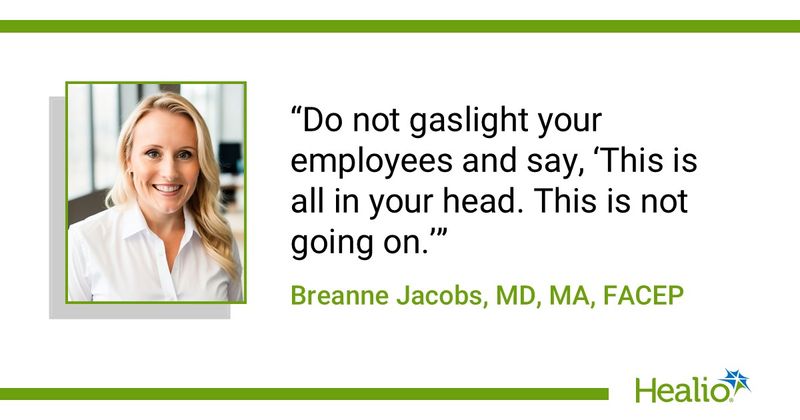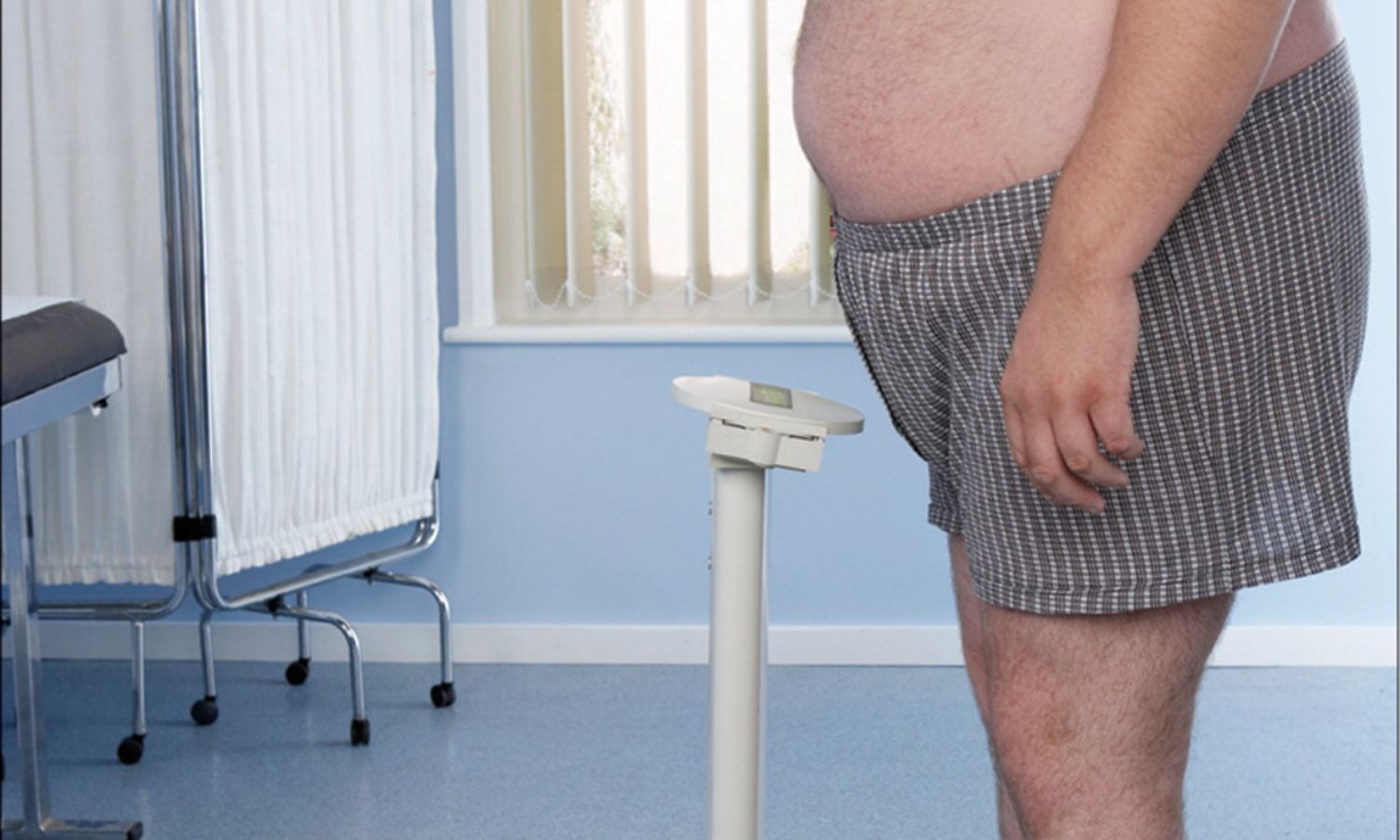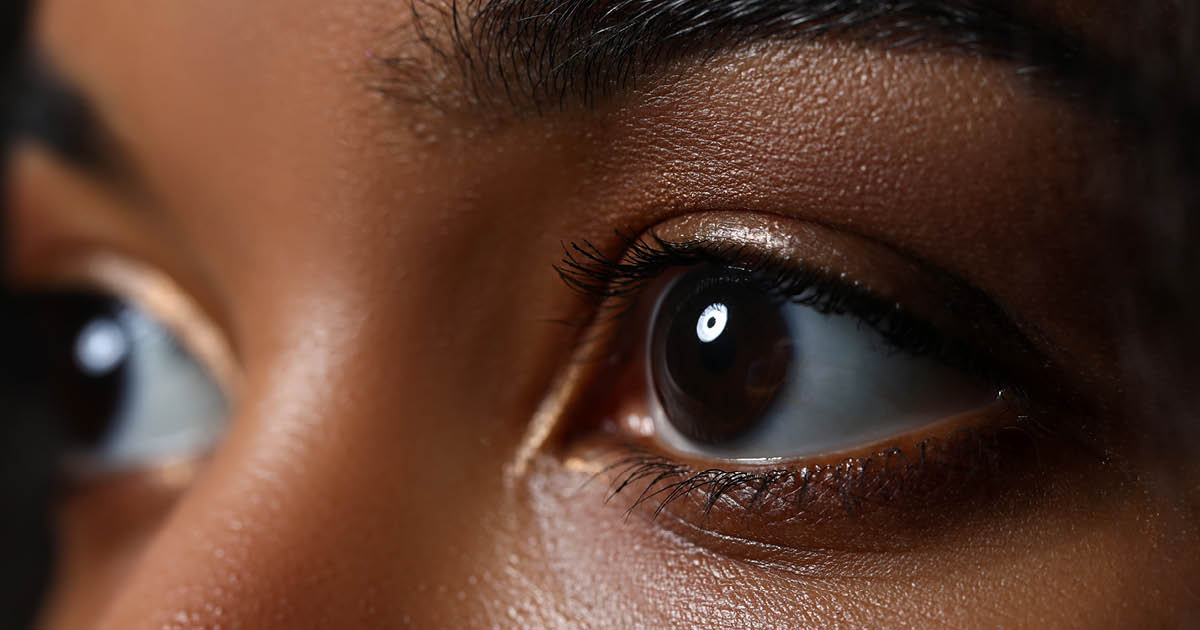September 23, 2025
6 min read
Key takeaways:
- Bullying in medicine by women is common, according to a speaker.
- Left unresolved, bullying negatively affects the health care professional and can result in adverse patient outcomes.
CHICAGO — The high-stakes, competitive culture of medicine can create a workplace that is ripe for bullying, particularly among women, with repercussions that can impact patient care and even lead to burnout, according to a speaker.
Research suggests 85% of women physicians experienced mistreatment during their careers and more than half reported experiencing bullying while an attending physician, according to Breanne Jacobs, MD, MA, FACEP, assistant clinical professor of emergency medicine at George Washington University School of Medicine and Health Sciences. Data also show bullying behavior is most prominent in the academic medical setting, Jacobs said.

“A lot of it is related to competition in the workplace and people wanting to be seen and heard,” Jacobs told Healio. “But that can also lead to gossiping and negative interactions between people who are very high achieving and competitive. That makes morale at work a lot lower and it is something I would like to change in medicine.”
Healio spoke with Jacobs about drivers of workplace bullying in medicine, the impact of bullying on patient care and workplace culture, and how health care leaders and physicians can take an active role in discouraging bullying behaviors. Jacobs spoke about workplace bullying during a session at The Power of Women in Medicine Summit.
Healio: What inspired you to give this talk?
Jacobs: The way that women treat each other in medicine can be wonderful. That said, it also can be very difficult at times.
This is a very high-stress setting that we work in. Some of the personal interactions I have had with other women in medicine have left a long-term mark on my wellness and my well-being. I have often thought: Why is it this way? The Power of Women in Medicine Summit is about empowering women and promoting leadership and opportunities. I thought that this is an issue we need to address. Workplace bullying can really set us back.
Healio: You noted in your talk that a lot of the bullying women report comes from other women. What does the research tell us about why that might be?
Jacobs: There are a few important points here. One, bullying tends to be reported more by women than men. Women tend to show vulnerability more than men. Studies show that even when men talk about bullying, they do not use that word. In surveys, men reported being bothered by certain disruptive behaviors in the workplace about as equally as women, but they did not use the word “bullying” to characterize those behaviors.
A lot of times, bullying with men may take more of a physical form, whereas with women, gender roles being what they are, [bullying] can take more of a verbal form. Women may be more comfortable labeling it and reporting it.
Healio: You mention in your talk that the most experienced bullying behavior is being ignored or excluded. Can you expand on why that can be so detrimental or even toxic in the workplace?
Jacobs: A lot of bullying is an abuse of power. Exclusion is a very strong form of trying to negatively exert power over other people. Then, the person who is not included in whatever the group is doing is excluded from opportunities to stand out, to innovate, to shine.
That is why being excluded is one of the key forms of bullying that people report being the most upsetting to them. In medicine, our success is often linked to our ability to publish things and innovate. If we are excluded from opportunities to work and collaborate with other people, it precludes our advancement and precludes our success.
Healio: What are some other types of bullying in medicine?
Jacobs: Gossiping is a big one. Gossiping is a form of behavior psychologists call relational aggression. It is conduct aimed to damage social relationships or social standing.
There is also cyberbullying. This can include writing negative things about someone on social media, trying to pull people’s faith and credibility away by saying something derogatory towards them.
Microaggressions are another very strong form of bullying. We see this in the workplace a lot. Microaggressions can include things like addressing female physicians by their first name, not by “Doctor.” For physicians who are women of color, someone might say, “Oh, you’re so well-spoken” or “Where are you from?” assuming they are not from the U.S. These examples are more subtle, but they are certainly as pervasive and harmful on morale in the workplace.
Healio: How does this behavior impact victims of bullying?
Jacobs: It is very difficult to work in a hospital system or an environment where you do not feel supported and there is no trust. If you are constantly working against the grain, eventually people become tired, get burned out and they feel like they cannot accomplish what they went into medicine for, which is to help people.
Physicians want to do the right thing by their patients. When you are advocating for patients or even advocating for yourself to be in a non-toxic workplace or a non-abusive environment, and you are told that it cannot happen, that leads to moral injury. It puts you in a situation where you are expected to continue working in an environment that is harmful to your core beliefs as a person.
There are a lot of negative sequelae which need more evaluation, but research suggests that this type of environment creates a toxic workplace and leads to poor satisfaction.
Healio: How does this behavior impact patients?
Jacobs: This behavior affects patients in several ways. One, physician morale is poor when they are in an environment where they do not feel supported by their colleagues.
A large part of medicine that patients are not as familiar with is the collaborative aspect. For example, physicians across multiple specialties must sometimes work together to write a care plan, make suggestions for further care plans, or seek out advice from people who may have more knowledge of a certain medical area or research area. When people are being bullied and they feel that, perhaps if they call a certain specialist they are going to be treated poorly, it may discourage a physician from making that call and seeking those collaborations. When people are not collaborating and sharing ideas, then it has a negative outcome on patients because they are not getting the full breadth of expertise that they deserve.
Bullying behavior can also discourage innovation in medicine. Innovation is driven by competition, but it is also driven by collaboration.
Healio: How can women physicians uplift and support each other in this type of work environment?
Jacobs: If you are in an environment like this and hear gossiping, do not engage in it. Support other women in a way that is positive. If someone is frustrated with something, try to channel the frustrations in a positive way. Stay focused on the fact that we are all respected professionals.
We all want the best things for the patient. How do we take it back to everyone being respected and everyone working toward the same goal, which is taking care of the patient? It starts with not tolerating gossiping, calling out bullying behavior for what it is and being an example by not engaging in some of the microaggressions and other negative behaviors. Know that we are all human and we might make mistakes. There is implicit bias. People may exhibit microaggressions and not even realize it, but apologizing if they have the opportunity can go a long way.
Healio: What steps can leaders and physicians take to solve issues of workplace bullying?
Jacobs: The medical literature, which comes primarily from surgeons who have written a lot about this, is asking for leaders to become upstanders on this issue and assume a role in acknowledging that bullying exists. Leaders must provide their physicians with opportunities for reporting this type of bad behavior and create a workplace culture that does not tolerate it. Being the leader and setting an example means having a no tolerance policy for workplace bullying and a reporting system in place that supports people and believes people, but also includes a process to intervene when there are poor behaviors and adjudicate reports, so these things do not happen again.
Do not gaslight your employees and say, “This is all in your head. This is not going on.” That does not help anyone.
As physicians, especially those who are victims of bullying, we can name it. Say what it is and do not internalize it. There can be a competition component to this, but there can also be issues with miscommunication. People may have misperceptions about what was going on with the other person, the way they spoke to them, what their goals were, where comments were coming from. Talking about it and not internalizing it is helpful for getting people to manage their emotional response to bullying behavior and move on from it.
For more information:
Breanne Jacobs, MD, MA, FACEP, can be reached at brjacobs@mfa.gwu.edu; X: @breebjacobs.










